Inflation can be troubling, especially for those living on a fixed income. Here’s what you need to consider.
Exiting the work force and beginning the next chapter of your life can be infinitely exciting. After a long career, free time afforded by retirement offers a great opportunity to check off long-awaited bucket list items or develop those relationships with loved ones. You might also stop setting alarms in the morning, making sure that you get the right amount of sleep to propel you toward your dreams. There is, however, one area in which you might not want to hit the snooze button: your finances.
With improvements in science and medicine have come increases in life expectancy, extending the length of retirement for the modern worker. While it’s great to plan to be around longer to pursue passions and spend time with family, longer life expectancy does present a challenge. Retirees used to plan for 10 to 15 years of retirement, but it’s no longer strange for someone to live to 100, meaning that retirement could potentially last 30 years [1].
Prolonged retirement can bring about longevity risk, which is the risk of running out of money while still alive, and inflation provides zero relief when it comes to making your money last. Inflation decreases the purchasing power of the dollar, which can create a serious problem for retirees living on fixed incomes and retirement accounts they’ve built over the course of their careers. Now inflation is at a 40-year peak [2], which can cause headaches, especially for those entering retirement as they’re forced to deplete savings faster than they might have under lower inflation rates.
Luckily, there are a few ways to alleviate some of the pain points when it comes to inflation in retirement. First, it can be beneficial to contribute to your retirement accounts early in your career. You can begin planning for retirement too late, but you can never begin too early. Some investment vehicles designed to build retirement assets for your future include employer-sponsored 401(k) plans, 403(b) plans, traditional IRAs, Roth IRAs, SIMPLE IRAs and SEP plans.
Traditional 401(k) and IRA accounts grow tax-deferred, meaning that contributions will be made before taxes are taken from your paycheck then are taxed upon distribution. Roth accounts are distributed and grow tax-free if all IRS regulations are followed, but initial contributions are made with post-tax dollars. Both grow with compound interest; which Albert Einstein called the eighth wonder of the world. Compound interest means you will accrue more interest through time based on your growing account balance, so taking the time to feed those accounts when you’re younger can be extremely rewarding.
If you are getting close to retirement and don’t have decades of time on your side, there are a few more things about inflation that you should know.
Social Security considers inflation annually when calculating benefits, and some years it provides a cost-of-living adjustment, or COLA, based on one of the federal government’s consumer price indexes called the CPI-W. In 2021, Social Security beneficiaries received a 5.9% COLA, which was the highest increase since 1982, but it’s important to remember that COLA may not always cover increased costs. For example, beneficiaries received no increase in 2015[3] despite an incremental 0.12% inflation rate [4].
Some annuities are also specifically designed to combat inflation by offering a COLA. Annuities are contracts between buyers and issuing insurance companies which guarantee annuity payments based on the insurance carrier’s claims-paying ability [5] as well as the terms of the contract. With annuities that offer a COLA, the pre-determined payments may be adjusted to account for inflation.
Lastly, it’s always important to consult your financial professional to find solutions to suit your unique, individual situation. The proper guidance can assist you in determining whether or not you’re placing enough money into various retirement accounts for potential future inflation without disrupting your desired lifestyle.
If you have any questions about how inflation may affect your retirement, please give us a call! You can reach Drew Capital Group Private Wealth Management in Tampa, Florida by calling (813) 820-0069.
This material is provided as a courtesy and for educational purposes only. Please consult your investment professional, legal or tax advisor for specific information pertaining to your situation.
Sources
- https://money.usnews.com/money/retirement/articles/how-living-longer-will-impact-your-retirement
- https://apnews.com/article/key-inflation-report-highest-level-in-four-decades-c0248c5b5705cd1523d3dab3771983b4
- https://www.ssa.gov/oact/cola/colaseries.html
- https://www.worlddata.info/america/usa/inflation-rates.php
- https://www.investopedia.com/terms/l/lifetime-payout-annuity.asp



